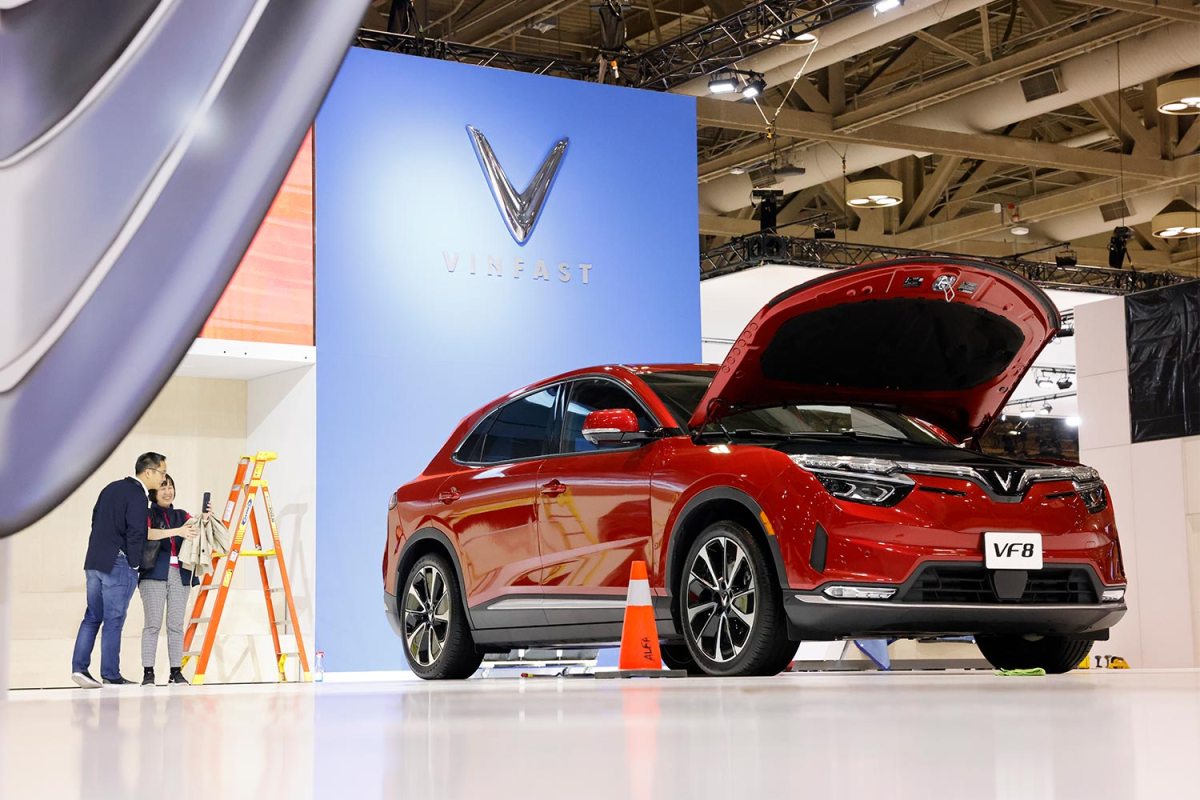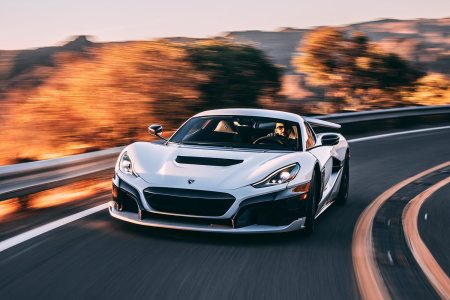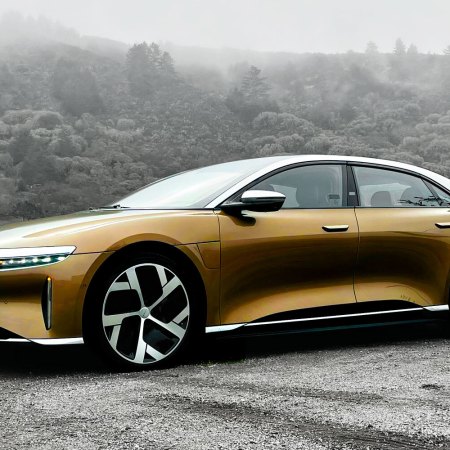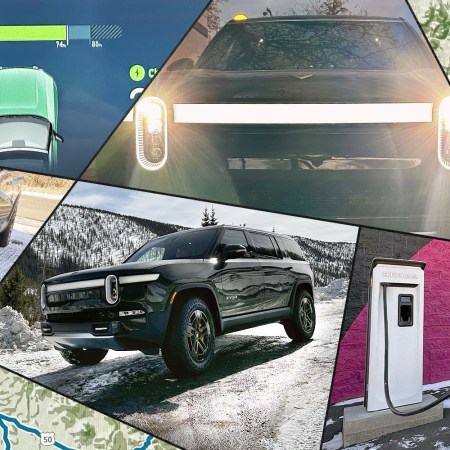If you want to jumpstart an electric car company, the formula used to be something like this: build a handful of EVs that could generate a lot of hype, then go public on the stock market and raise a boatload of cash (then deal with actual full-scale manufacturing later). Lucid Motors navigated this with aplomb, garnering rave reviews for its Air sedan (MotorTrend: “We finally have the no-excuse electric car”), then went public via a SPAC merger at a valuation of $24 billion in July 2021. Despite that initial high, and awards that followed, Lucid has had a tough time becoming a real, profitable, competitive automaker.
What hope does VinFast have, then? The Vietnamese EV maker has certainly piqued the interest of many, including our own car-reviewing expert. But the recent announcement that the company will merge with a special purpose acquisition company in the second half of 2023 comes at an odd time. Even though the company is currently valued at $27 billion, which would make the SPAC deal the third-largest in history, per Bloomberg, not only has the SPAC trend declined precipitously since its pandemic heyday, but VinFast doesn’t have the goodwill of auto experts behind it, as Lucid did. Quite the opposite.
In the first slate of reviews for the VinFast VF 8, a two-row SUV that is currently only available to California residents, and only as a lease, MotorTrend said it is “nowhere near ready for public consumption”; Road & Track called it “unfinished and embarrassing;” and Green Car Reports put it in even starker terms: “Don’t buy [it].” That doesn’t sound like the product of a company that’s valued at $27 billion.
Croatia Is the New Italy: Driving the Record-Breaking Rimac Nevera
The $2.1 million EV is the world’s quickest production car, but it’s just the start for the emergent automaker backed by Porsche, Hyundai and KiaHowever, there are some signs that VinFast will be able to navigate through its current troubles. As Bloomberg noted, the company does generate revenue, unlike EV startups that have come before. (VinFast was founded in 2017 by Pham Nhat Vuong, Vietnam’s richest man, and originally started making gas-powered cars before shifting to EVs.) And if they can iron out the software issues that seem to be plaguing the current crop of VF 8s, they have the capacity to meet potential demand: their Vietnam facilities can make 300,000 EVs per year, and VinFast reportedly already has 55,000 orders globally.
Also, even though $27 billion may sound like an outrageous value, the company has actually come back down to earth a bit; they originally sought an initial public offering with a $60 billion valuation, per Reuters.
We’ve moved beyond the salad days of EV startups and pandemic-juiced stock market bonanzas, when VinFast likely would have thrived. Automotive reviewers are less likely to be entranced by the new technology, and potential investors are much more cautious after seeing SPAC mergers fizzle out and automotive newcomers fail to be the second coming of Tesla. Does that mean VinFast is doomed? Hardly. After all, Tesla has had its share of software bugs and quality control issues that it’s solved on the fly. But if VinFast can’t fix the problems with the VF 8 before SPAC time comes around later this year, it’ll be hobbling off the starting line.
Thanks for reading InsideHook. Sign up for our daily newsletter and be in the know.


















